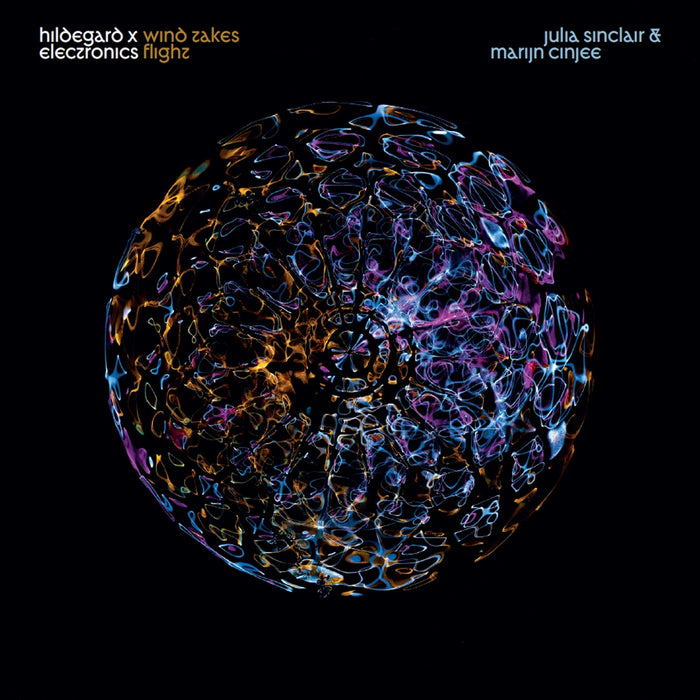Description
Orientalism also increasingly caught the popular imag ination through clothes, décor and furnishings. By the end of the nineteenth century, however, preoccupations with the exotic noticeably shifted eastwards from Germany to Austria. Given the febrile artistic climate in the turn- of-the-century Vienna, it is hardly surprising that composers living and working there also succumbed to the fashion for Orientalism. [Erik Levi] Supressed music (or ‘Entartete Musik’ or ‘Verfemte Musik’), music and musicians smeared by the Nazis’ dark, ideologica lly-motivated hatred, has developed into an artificial genre of its own, throwing together composers of completely different musical backgrounds and, it must be said, varying degrees of quality, into the same bucket. This must change. We risk missing the true qualities, nuances and pedigree of individual composers’ voices, as well as the cultural preoccupations that united them (as in the case of this CD, the common fascination in the early twentieth century with translations of Chinese and Persian poetry). The deliberate inclusion of Richard Strauss (whose political allegiances are questionable), is










